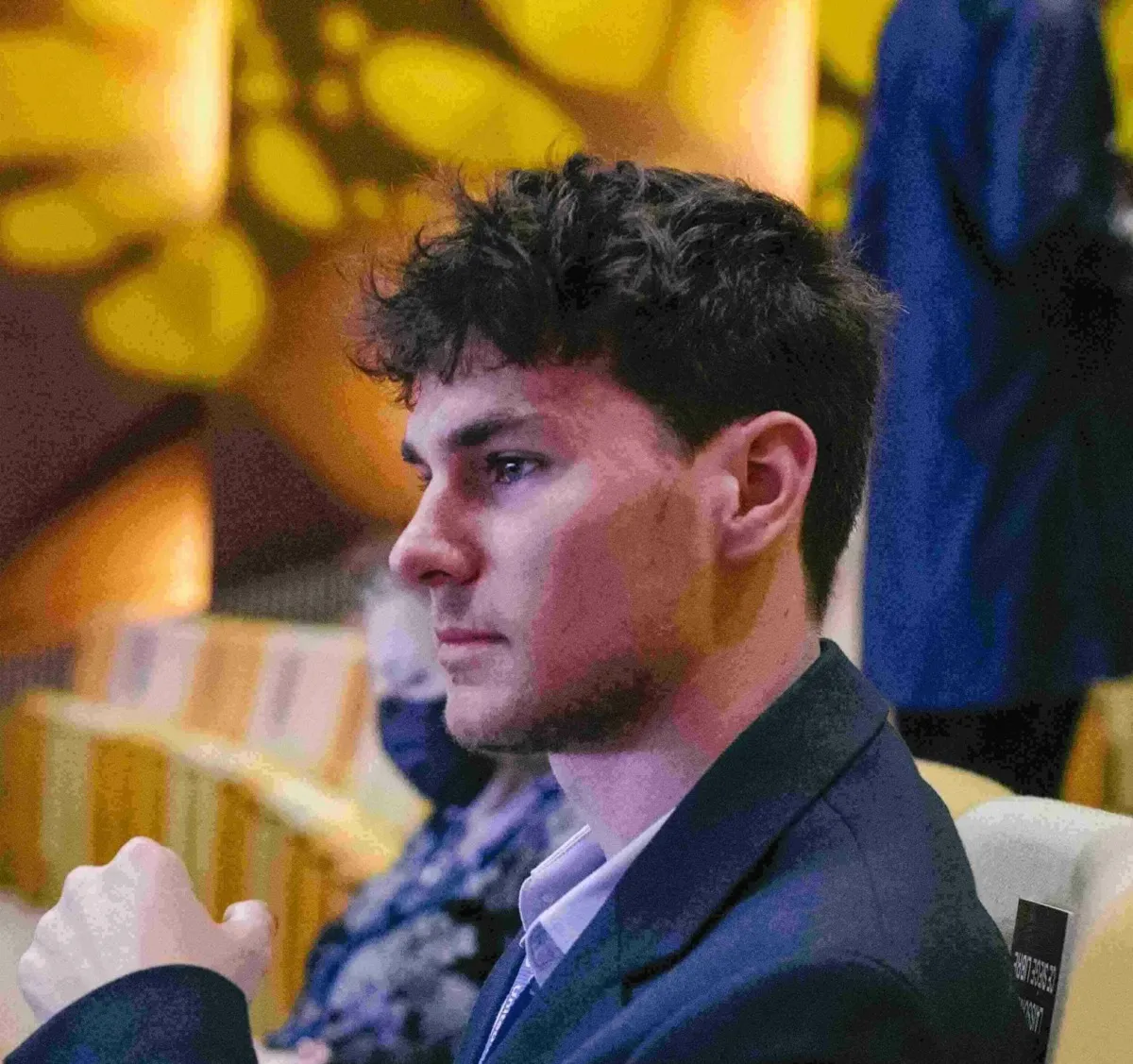In the rich tapestry of fintech Africa, Djamo, a Côte d’Ivoire-based enterprise founded in 2019, has emerged as a notable player. Led by CEOs Hassan Bourgi and Regis Bamba, Djamo’s offering centres around providing individuals with money accounts complete with an international bank account number (IBAN) and a Visa card. The firm offers services ranging from free accounts without an IBAN number to premium subscriptions from 1000 CFA Franc to 2000 CFA Franc ($1.65 to $3.30 respectively) with number and other services.
“Djamo is not a bank but a fintech company that distributes financial products in partnership with local banks,” clarifies Bourgi.
Djamo aims to act as a facilitator of financial services, bridging the gap between traditional banking systems and the needs of the underserved. Since its inception in 2019, the company has processed approximately $826m worth of transactions. IBAN provides individuals access to a key component for conducting international transactions and engaging in the global economy.
Djamo’s journey offers an intriguing tale of expansion, collaboration, and adaptation within the Francophone African market. The distinctive experiences of its leaders – Bamba’s five-year tenure at MTN in Côte d’Ivoire and Hassan Bourgi’s startup ventures in Peru – have imbued Djamo with a unique perspective in its pursuit of financial inclusion.
Expansion strategy
Djamo started out in Côte d’Ivoire where it now has more than 1.2m users (up from 500,000 when it raised funds in November) and nearly 30 resellers of its products across Abidjan. Unlike mobile money services, which usually target the unbanked population in remote areas, Djamo’s client segment principally remains young urban Ivorians.
Now the startup is expanding into Senegal. “We’re very close to setting up in Senegal, but we’re still waiting for a few authorisations before we can launch,” says Awa Dosso-Kaba, Djamo’s brand and communication lead. With operations set to begin soon in Dakar, Djamo will enter an already strong mobile money sector.
With players like Wave – Francophone Africa’s first unicorn – which hosts more than 6m active mobile money accounts in Senegal alone – Djamo’s strategic stance is collaborative rather than competitive.
Bamba states, “We are partners with mobile money operators, who give us and other fintechs access to their infrastructure to carry out our business.”
This symbiotic approach allows mobile money providers to metamorphose into platforms, embedding Djamo’s services within an expanding financial ecosystem.
The journey into Senegal also underscores the multifaceted nature of the francophone market. Contrary to assumptions, the pace of adoption is often intricate.
“The needs are the same in French-speaking Africa,” says Bourgi, “but projects like Djamo take longer to set up in the region, given the level of digital and financial education of our populations.”
Moreover, the market’s fragmentation presents a challenge.
“There are advantages and disadvantages to being in French-speaking Africa,” says Bourgi.
“The biggest disadvantage is that market conquest is much slower, since you have to make the same efforts for each new market, however small. On the plus side, having a presence in different markets means diversifying business risks, with less impact in the event of an economic or political crisis. Finally, even if footprint expansion takes time to build, it’s much harder for a potential big competitor in another market to disrupt you, as they’ll have to repeat the exercise in all your markets.”
Subscription model
Djamo emphasises its role as a business catalyst.
“Since its creation, Djamo has worked in collaboration with traditional banks, helping them to reach segments they can’t or don’t want to reach,” notes Bamba.
“Our main sources of revenue come from subscriptions to the premium plan, and we hope that more and more customers will subscribe to it in the future, thanks to the trust we’ll build up with them, as a result of the more appropriate and high-quality services we’ll be offering them.”
Amid the macroeconomic complexities of recent times, Djamo remains pragmatic. Bourgi acknowledges the indirect impact on the company, given partner banks’ exposure to increased exchange fees.
“We’re working with [banks] to try and absorb these costs in the short term, and on long-term solutions that will enable us to better anticipate future instabilities.”
A recent infusion of $14m in funding supports the firm’s evolution.
“Raising funds mainly enables us to invest in research and development,” says Bamba. Indeed, a large part of our latest fundraising was used to improve the customer experience and automate our processes.”
Backed by VCs, Djamo will look to scale its operation and attract a maximum of premium subscribers.
If its entry into Senegal is a success, the startup could become an important player in the fintech ecosystem.
Want to continue reading? Subscribe today.
You've read all your free articles for this month! Subscribe now to enjoy full access to our content.
Digital Monthly
£8.00 / month
Receive full unlimited access to our articles, opinions, podcasts and more.
Digital Yearly
£70.00 / year
Our best value offer - save £26 and gain access to all of our digital content for an entire year!

 Sign in with Google
Sign in with Google 



